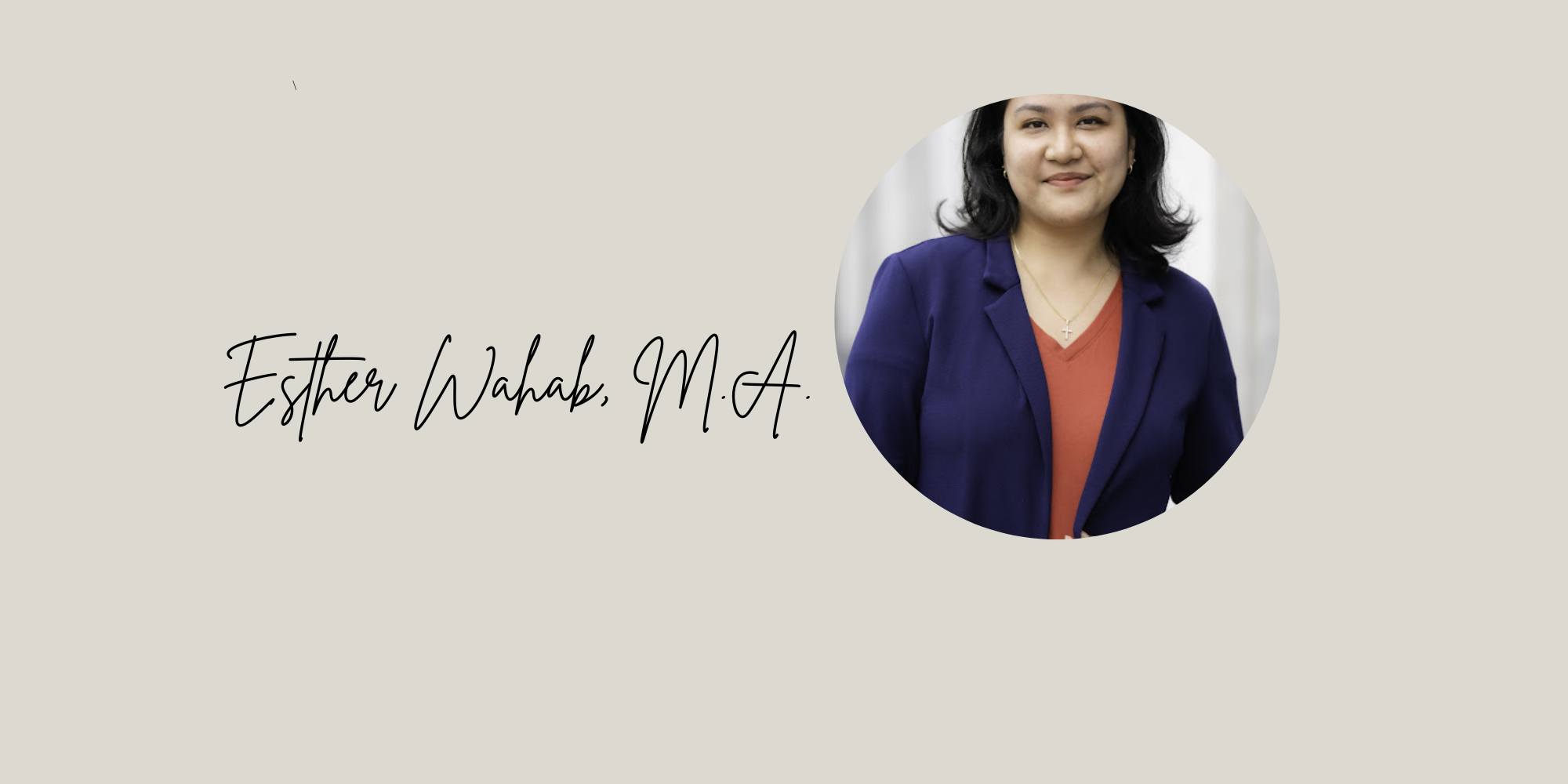Ecological Grieving: Healing in Midst of Climate Change
This has been sitting heavily on my heart lately. Climate change is no longer some far-off idea we read about—it’s something we’re living with. The hotter summers, wildfires, floods, species disappearing, and even the way seasons don’t feel the same anymore… It’s hard not to notice. And along with all of that comes something we don’t often talk about: the grief of losing the world we love.
What is Ecological Grieving?
Ecological grief is the ache we feel when nature changes or disappears. Maybe it’s sadness when you hear about a species going extinct. Maybe it’s anxiety about the future and what kind of world our kids will inherit. Maybe it’s frustration at leaders who don’t seem to care, or even guilt over your own carbon footprint. However it shows up—it matters. It’s a sign of how deeply we’re connected to the earth.
Why it Matters
One of the hard parts about ecological grief is that it often gets minimized. People might say, “Why are you upset about a glacier? It’s not like you knew it personally.” But the loss of ecosystems, animals, or places we once cherished is still a loss. And like any loss, it can affect our mental health, our relationships, and our sense of meaning. Naming it as grief allows us to actually move through it instead of stuffing it down.
How This Grief Shows Up
Sadness: Mourning landscapes, species, or seasons that are gone or changing. Anxiety: Worrying about the future - our kids, our homes, our food supply. Anger: Feeling powerless when big systems don’t take responsibility. Hopelessness or Numbness: Wanting to disconnect because it feels like too much.
How to Care for Ourselves in Ecological Grief
This kind of grief doesn’t have a quick fix. But there are ways to care for yourself as you carry it:
Acknowledge the Loss
Simply saying, “I’m grieving what’s happening to our planet,” gives weight to what you’re feeling.
Find Community
Grief feels lighter when shared. Whether it’s joining a local climate group, talking with friends, or connecting online, it helps to know you’re not alone.
Reconnect with Nature
Spend time outside, plant something, or volunteer in conservation efforts. Caring for what’s still here can bring a sense of grounding and hope.
Take Action, Even Small Ones
Grief can leave us feeling paralyzed. Doing something—anything—can restore a sense of agency. Maybe it’s reducing waste, advocating for policies, or just making one intentional change in your own life.
Reach Out for Support
If this grief feels heavy, talking to a therapist (especially one who understands eco-anxiety) can give you tools to process and cope.
Holding on to Hope
Ecological grief shows us that we care—and that caring is powerful. It can remind us that even in loss, there’s still a connection, and that this connection can grow resilience. When we grieve together, whether through conversation, rituals, or activism, we transform pain into love and purpose.
Feeling this grief doesn’t make you weak. It makes you human. And it can be the very thing that helps us hold on to hope, care for one another, and protect the earth we still call home.


